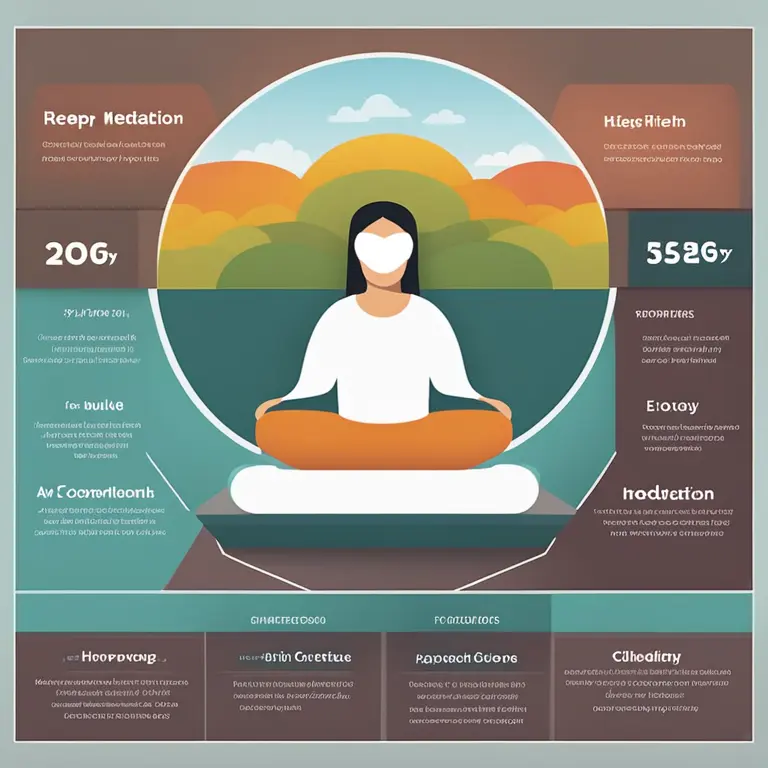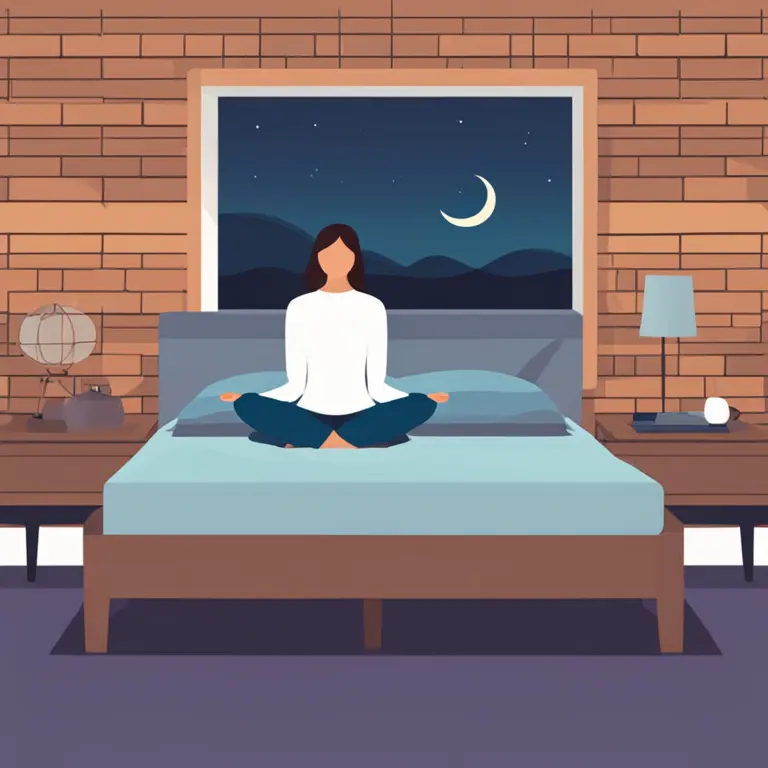
Meditation for Improved Sleep: Does It Work?
Discover the connection between meditation and better sleep. Learn how incorporating mindfulness techniques can lead to more restful nights.
article by Hina Kurosawa
Meditation's Role in Sleep Improvement
Meditation has long been hailed for its positive impact on mental well-being, but its benefits extend beyond the realms of mindfulness and stress reduction. As we delve into the serenity of meditation, we uncover its potential to enhance sleep quality. In a world punctuated by information overload and constant connectivity, our minds often crave an opportunity to rest—making the act of meditating a welcome respite. By creating a sense of calm and clarity, meditation prepares us for a more peaceful transition into slumber, laying the foundation for a night of deeper, more regenerative sleep.

Scientific Evidence Supporting Meditation for Sleep
Recent studies underscore the effectiveness of meditation in combating common sleep disorders, including insomnia. A 2024 study published in the Journal of Clinical Sleep Medicine found that individuals who followed a consistent meditation routine not only fell asleep quicker but also experienced improved sleep duration and quality. Meditation's ability to reduce stress hormones like cortisol plays a crucial role in this sleep facilitation, making it a natural and non-pharmacological alternative to conventional sleep aids.

The Mechanics of Meditation Induced Sleep
But how exactly does meditation influence sleep patterns? It starts by activating the parasympathetic nervous system, which counters the body's stress response. Techniques such as guided imagery, body scanning, and controlled breathing exercises foster a state of relaxation. What's more, meditation is known for its ability to train the brain to focus on the present moment and discard disruptive thoughts, an advantage that proves particularly beneficial as one prepares to enter the land of dreams.

Establishing a Pre-Sleep Meditation Routine
For those eager to harness meditation's sleep-promoting powers, the key lies in routine. Establishing a nightly meditation practice can signal to your body that it's time to wind down. This doesn't necessarily require hour-long sessions; studies suggest that even short durations of meditation can be beneficial. Moreover, with a plethora of digital applications and online resources available at our fingertips in 2024, finding guided meditations tailored for sleep has never been easier.
Meditation Types to Explore for Better Sleep
Exploration of different meditation techniques can reveal the best fit for each individual's sleep needs. Techniques like Mindfulness Meditation focus on breath and current sensations, whereas practices like Yoga Nidra guide practitioners through a state of consciousness between waking and sleeping. Then there's Transcendental Meditation, which involves silently repeating a mantra. This variety in practice not only keeps the experience fresh but also allows for personalization based on one's sleep preferences.
Embracing Technology for Sleep Meditation
As we advance through 2024, the interplay between technology and meditation continues to evolve. Wearable devices that monitor sleep cycles can be synchronized with meditation apps to optimize the timing and type of meditation. With advancements in artificial intelligence and personalized data analysis, users can receive customized meditation recommendations that cater specifically to their sleep patterns, enhancing the overall effectiveness of meditation interventions for sleep.
Published: 1/15/2024
Modified: 1/15/2024
More predictions
Come back here soon to learn more about yourself and your future


Calming the Storm: Mindfulness Meditation for Anger
Discover how mindfulness meditation can be a powerful tool for anger management, promoting inner peace and emotional balance.


Mindfulness Meditation: A Handbook for High Schoolers
Discover how mindfulness meditation can benefit high school students, enhancing focus, reducing stress, and promoting overall well-being.


Discovering Life with Meditation Mantras
Delve into the transformative power of meditation mantras to harmonize your mind, body, and spirit for a tranquil existence.